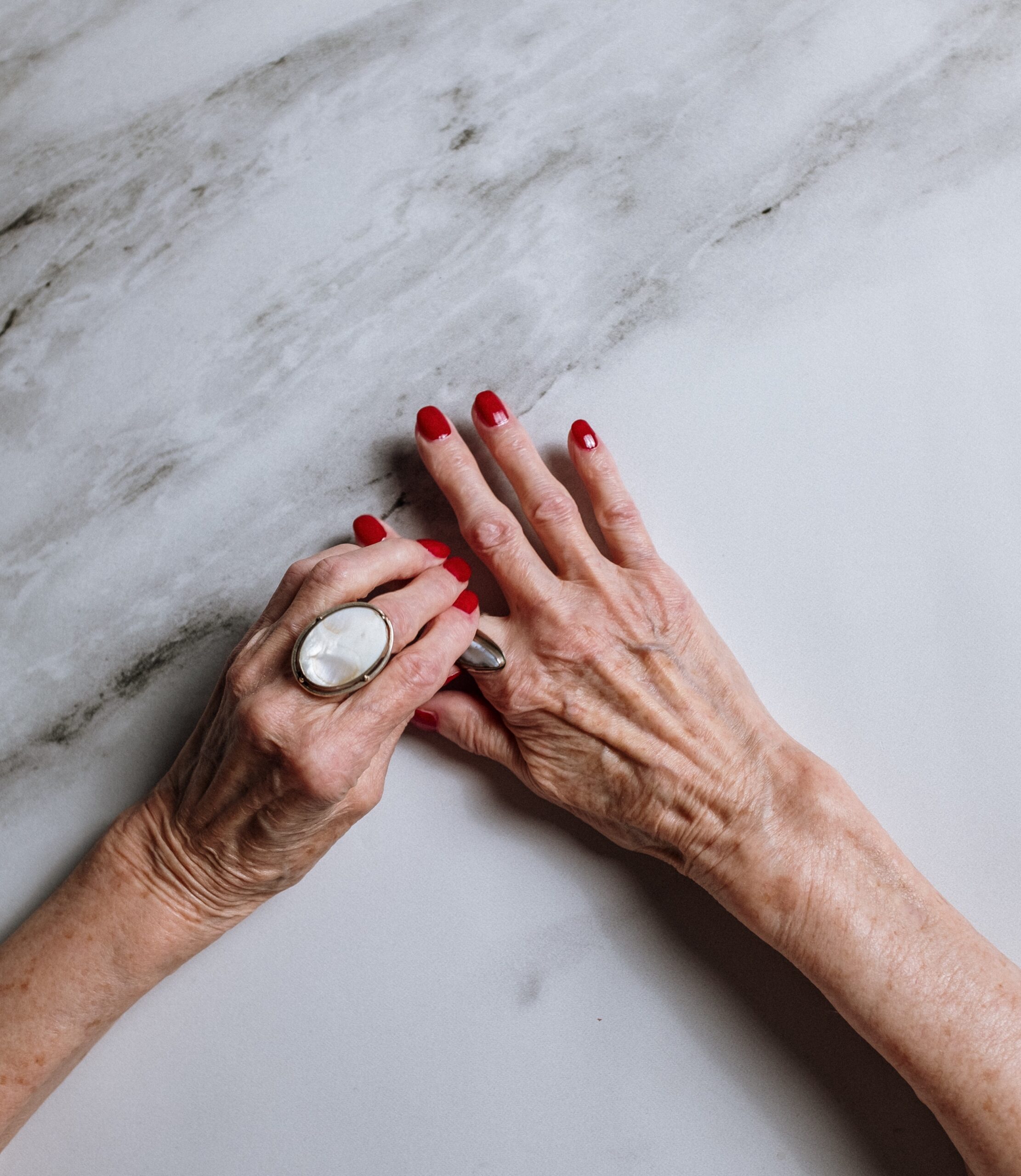Ageing and anxiety: What to know and where to find help

Photo from Pexels
Do you find yourself worrying a lot? Between climate change, Brexit, Covid, and the war in Ukraine – to say nothing of more personal concerns like ageing parents, the rising cost of living, young people’s housing situation, your pension… it would seem unnatural if we weren’t a bit disturbed.
During the Covid pandemic, our background level of anxiety rose, because of the fear of catching it, and the unpredictability of, and changes to, everyday life. The World Health Organisation recently released data that showed a 25% increase in stress and anxiety in the first year of the pandemic.
We tend to worry more as we get older, because we’ve experienced more stressful life events, such as deaths and illness, so we’re more conscious that bad things happen. And, to put it bluntly, this is when we begin to become aware of our own mortality.
What is anxiety?
We often use the words ‘stress’ and ‘anxiety’ interchangeably, but they’re not the same, although there’s some overlap. Anxiety UK, a charity for those affected by anxiety, stress and anxiety-based depression, explains it like this: ‘stress is usually a response to an external cause, such as a tight deadline at work or having an argument with someone, and usually disappears or reduces once the situation has been resolved.
‘Anxiety is typically described as a feeling of apprehension or dread in situations where there is no actual real threat and is disproportionate to the situation faced. Unlike stress, anxiety persists even after a concern has passed. In some cases, anxiety can escalate into an anxiety disorder and can affect day-to-day life.’
Anxiety is a perfectly normal response to certain situations, but it’s not usual to feel anxious all or most of the time.
The physical symptoms of anxiety can include, according to mental health charity Mind: a churning stomach; light-headedness or dizziness; pins and needles; restlessness; headaches, backache or other aches and pains; faster breathing; fast, thumping or irregular heartbeat; sweating or hot flushes; problems sleeping; grinding your teeth, especially at night; nausea; needing the toilet more or less often; changes in your sex drive.
Generalised anxiety disorder (GAD) is a long-term condition where you feel anxious about a wide range of issues and situations, not one specific event, and on most days. GAD affects up to 5% of the population, slightly more women than men, and it’s more common between the ages of 35 and 59. The NHS says, ‘as soon as one anxious thought is resolved, another may appear about a different issue. People with GAD often struggle to remember the last time they felt relaxed.’
Feeling fearful about things that we previously used to take in our stride can come with age, too. Anxiety in general is a symptom of menopause, and fear of driving is particularly common. The hormonal changes can cause a spike in adrenaline, provoking the fight-or-flight response, which can feel like you’re scarily out of control when all you’re doing is navigating a slip road on to a motorway. And some, like me, dread walking down slippery slopes…
Assess your anxiety
The NHS has an online quiz to determine your levels of anxiety (and depression) here. There are just 18 questions, and discovering your score might be reassuring.

Photo: Pexels
Help for anxiety
There are self-help strategies to try. Relaxation is helpful, whether achieved with breathing exercises, mindfulness (I use the Headspace app) or calming movements such as yoga or Pilates. Avoiding caffeine, smoking and alcohol can help, too.
As anxiety may be caused by an imbalance of the feel-good hormone serotonin, exercise of the type that raises your heart rate and makes you breathe faster, which makes your body release more of it, can be beneficial for your mood. This was borne out by a survey of 1,000 people over 50 by Legal & General, which revealed that two hours of vigorous exercise a week helps reduce the chances of being stressed by at least 20%, and having sex twice a month makes for less stress and more joy. The top 10 sources of joy – several very easy to achieve – named by respondents in the survey are: spending time with friends and family; going on holiday; reading; going to live events; caring for your children; going for walks; learning new skills; being creative; voluntary work; caring for your partner.
In the UK the NHS offers cognitive behavioural therapy (CBT) based self-help programmes, and other ‘talking therapies’ for free here. A friend has recently been following the DARE response to help her with panic attacks, and is making brilliant progress.
Ask your GP about support groups for anxiety in your area or search the NHS for local services here. Age UK also lists details of self-help groups and support for carers.
Something you can try right now – or whenever and wherever you need – is exhaling for longer than you inhale. This simple breathing technique makes us relax, calming the autonomic nervous system. Breathe in to a count of four, then breathe out to a count of six. Repeat… and relax.
Adrienne Wyper is a health and lifestyle writer and regular TNMA contributor.
A very timely post. I thought it was just me that was feeling mentally ‘off-colour’. I shall definitely take up on some of the suggestions. Hope anyone else feeling this way soon starts to move forwards with their mental state. Too often we suffer in silence and try to ignore how we are feeling.